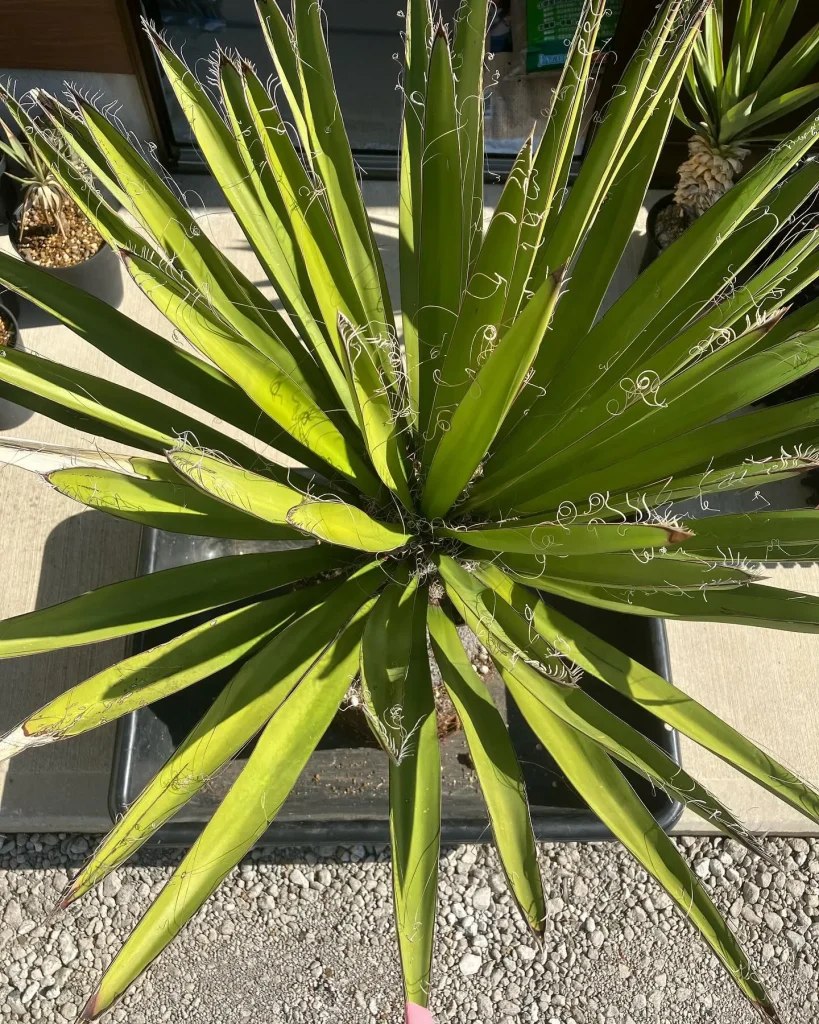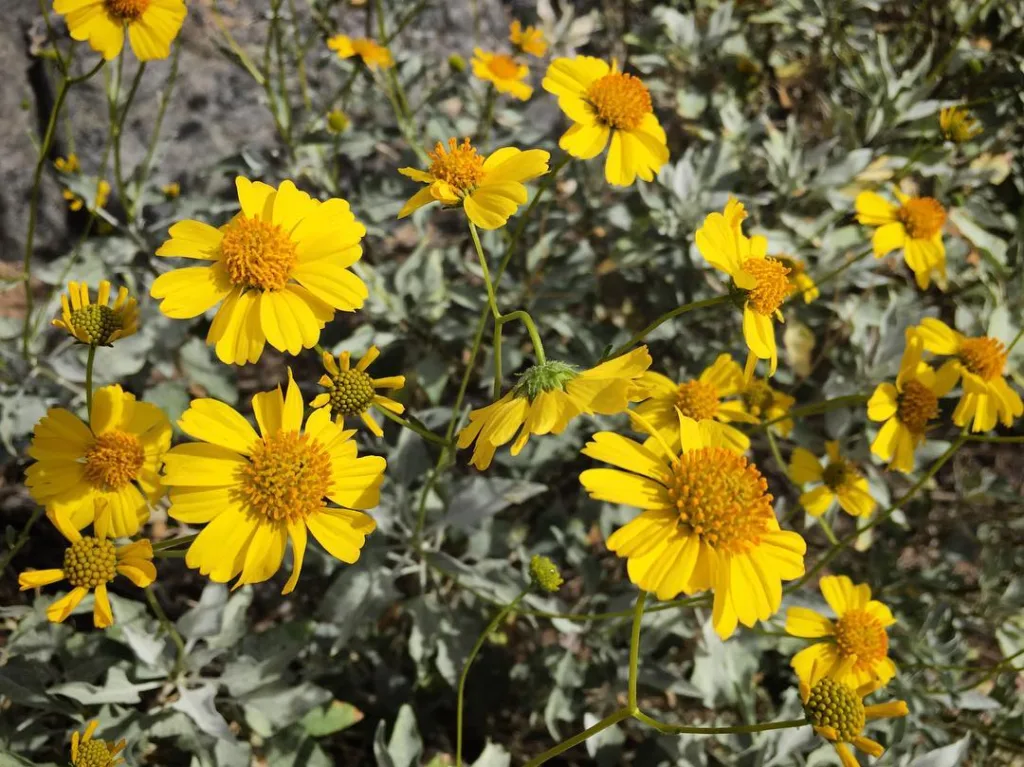FAQs About Rosa Centifolia
Rosa Centifolia, also known as the “Cabbage Rose” due to its tightly-packed petals, is a species of rose renowned for its beauty and fragrance. It’s a staple in the perfume industry and skincare products, celebrated for its luxurious, soft scent and beneficial properties. In this article, I’ll dive into some frequently asked questions about Rosa Centifolia, its care, propagation, benefits, and comparisons with other roses like Rosa Damascena.
391 Species in Genus Rosa
What is Rosa Centifolia?
Rosa Centifolia is an ancient variety of rose that originated in the Netherlands in the 17th century. It’s named “centifolia,” meaning “hundred leaves” in Latin, which refers to the many petals each bloom contains. This rose is known for its large, full flowers with soft, velvety petals that vary in shades of pink. Typically, it’s grown for ornamental purposes, perfume extraction, and skincare products due to its fragrant and soothing qualities.
Is Rosa Centifolia Flower Extract a Skin Irritant?
Rosa Centifolia flower extract is widely used in skincare, and in my experience, it’s not known to be a skin irritant for most people. In fact, it has a reputation for being gentle and soothing, which is why it’s a common ingredient in products for sensitive skin. The extract is packed with antioxidants, helping to reduce inflammation, calm redness, and hydrate the skin. However, as with any botanical ingredient, it’s always wise to do a patch test first, especially if you have highly reactive skin.
What Does Centifolia Rose Smell Like?
The scent of Rosa Centifolia is one of its most beloved characteristics. It’s a rich, sweet, and intoxicating fragrance that’s often described as fresh, floral, and slightly honeyed. I find its scent more subtle and rounded than some other roses, with a softness that makes it perfect for high-end perfumes and essential oils. Compared to Rosa Damascena, the Centifolia rose has a more delicate fragrance, while Damascena tends to have a deeper, more intense scent.
What is Rosa Centifolia Flower Water?
Rosa Centifolia flower water, or rosewater, is the aromatic liquid produced by steam distillation of Centifolia petals. It’s used in cosmetics and skincare for its hydrating and soothing properties. I personally love it as a facial toner—it’s gentle, refreshing, and can help balance the skin’s pH. The floral water retains much of the rose’s natural fragrance, which makes it not only a treat for your skin but for your senses as well.
Rosa Centifolia vs. Rosa Damascena
Rosa Centifolia and Rosa Damascena are often compared due to their use in perfumery and skincare. While both are incredibly fragrant, they differ in their scent profiles. Rosa Damascena has a deeper, more potent fragrance, whereas Rosa Centifolia is lighter and sweeter. In terms of extraction, Rosa Damascena is more commonly used in essential oils due to its stronger scent, but Rosa Centifolia’s delicate nature gives it a special place in high-end cosmetics and fragrances.
How to Care for Rosa Centifolia?
Caring for Rosa Centifolia requires a bit of dedication, but it’s not too demanding if you know what you’re doing. These roses thrive in well-drained soil and need plenty of sunlight, at least six hours a day. I’ve found that watering them deeply once or twice a week is sufficient, but you should adjust based on your local climate and rainfall. Pruning is also essential to encourage healthy growth and blooming. Be sure to remove any dead or diseased wood, and trim back old canes to make room for new growth.
How to Propagate Rosa Centifolia?
If you want to propagate Rosa Centifolia, the best method is by taking cuttings. I’ve had success by cutting healthy stems in late spring or early summer and planting them in well-draining soil. Keep the cuttings moist and provide indirect sunlight until they begin to root. Alternatively, you can propagate through layering, which involves bending a stem to the ground, covering it with soil, and waiting for it to develop roots before severing it from the main plant.
Can You Grow Rosa Centifolia Indoors?
Growing Rosa Centifolia indoors can be tricky, but it’s not impossible. Roses generally prefer outdoor conditions where they can get ample sunlight and space. However, if you have a bright, sunny room with a large window, you could try growing it in a pot. Keep in mind that indoor roses are more prone to issues like pests and lack of airflow, so be diligent about monitoring their health.
Is Rosa Centifolia Toxic?
Rosa Centifolia is not toxic to humans or pets, making it a safe choice for home gardens, even if you have curious children or animals around. Its petals are even used in culinary applications, though I personally wouldn’t recommend consuming them unless you’re sure they’ve been grown organically without pesticides.
Benefits of Rosa Centifolia
Rosa Centifolia has a variety of benefits, especially in the skincare world. Its extracts are packed with vitamins, antioxidants, and anti-inflammatory compounds. I love that it’s great for hydrating the skin and reducing redness, making it ideal for sensitive or dry skin types. Its soothing properties also make it a key ingredient in calming skincare products. In aromatherapy, the fragrance is known to reduce stress and promote relaxation.
Common Problems with Rosa Centifolia
Like many roses, Rosa Centifolia can be prone to pests and diseases. Aphids, spider mites, and powdery mildew are common issues I’ve encountered. Proper care, like regular pruning and ensuring good air circulation, can help minimize these problems. If you notice any pests, I recommend using an insecticidal soap or a neem oil solution, which has worked well for me.
What to Plant with Rosa Centifolia?
Companion planting is a great way to enhance the beauty of your Rosa Centifolia. I like pairing it with lavender or catmint to create a lush, fragrant garden. These plants not only complement the rose aesthetically but also attract beneficial insects that can help keep pests at bay. Clematis is another great companion plant, as it can climb and bloom alongside your roses, adding height and color variety.
Rosa Centifolia is a timeless plant that brings beauty, fragrance, and even skincare benefits. Whether you’re growing it in your garden or using its extracts in your daily routine, this rose is a true classic that never disappoints.
If i die, water my plants!



